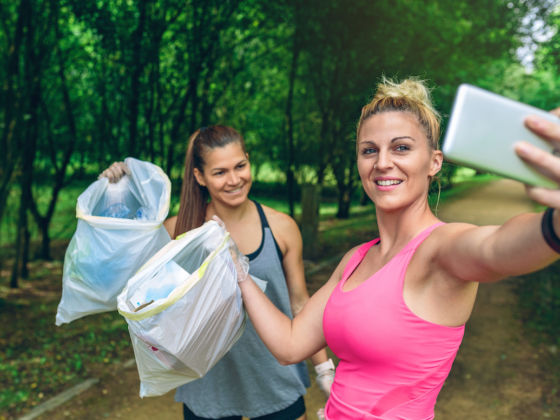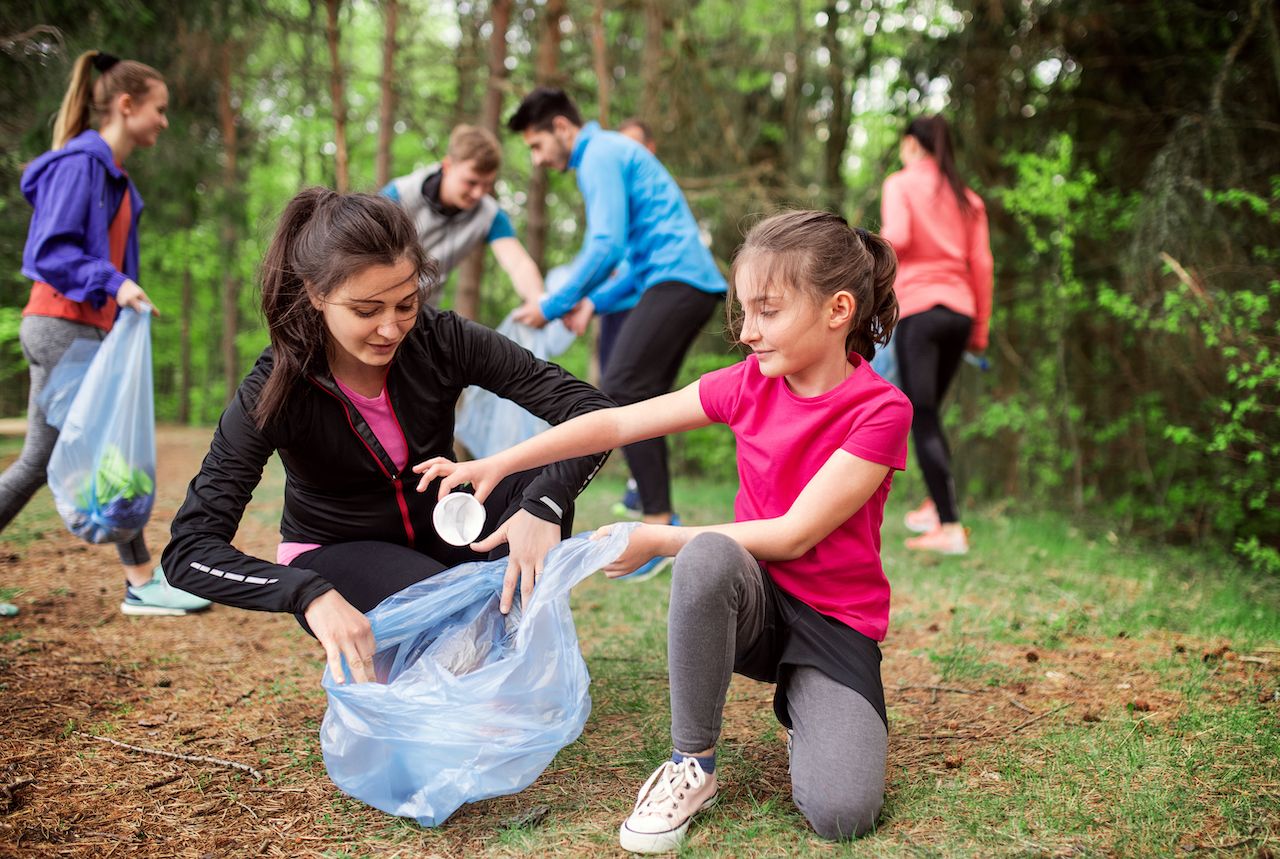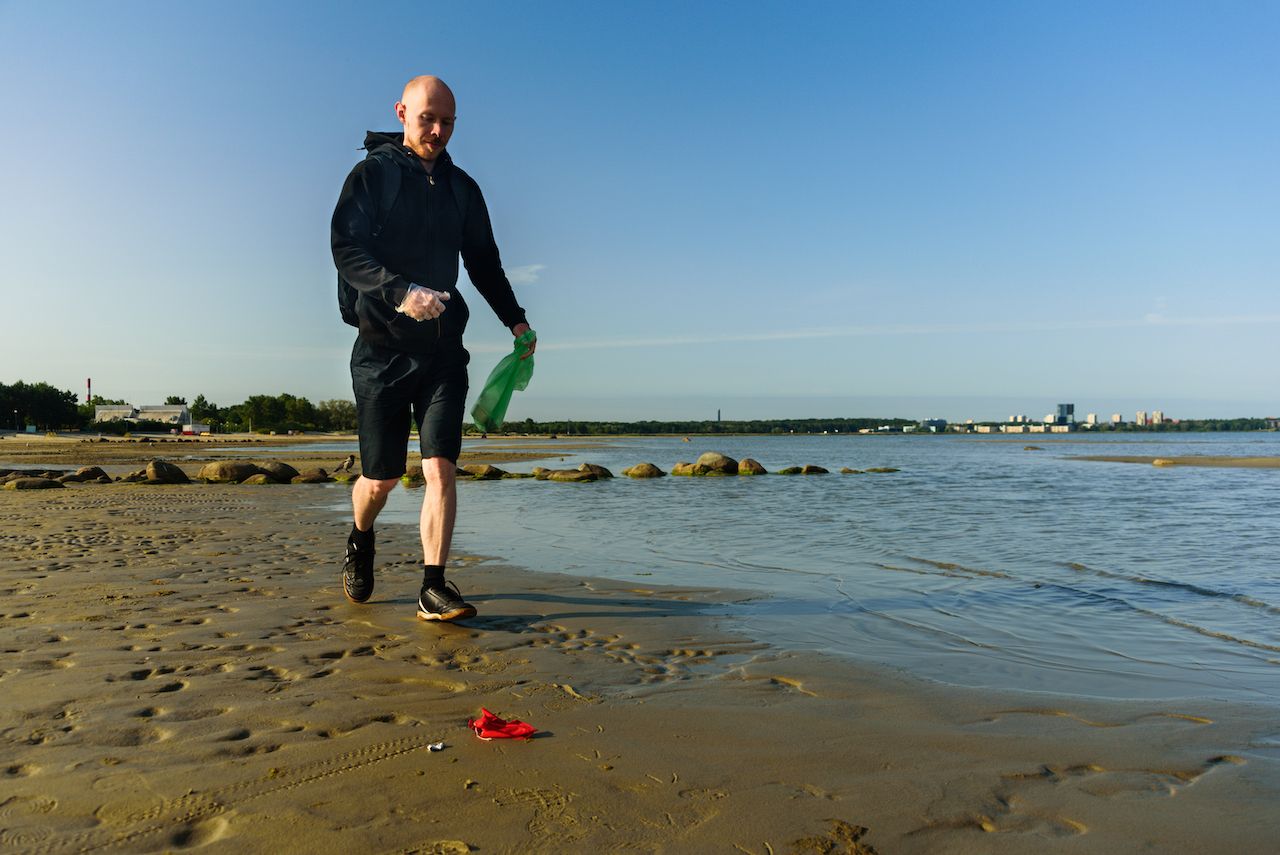Getting outdoors is invigorating. Whether you are out for a hike in the mountains or a run on the beach, there is just something energizing about being in the fresh air and soaking in all that nature has to offer… until you notice litter. Ugh. You ponder who left it and how they could have been so irresponsible as to not take care of their rubbish. You may have gone as far as picking up the trash and taking it with you to throw away. Little did you know, you just participated in plogging.
Plogging may be an unfamiliar word, but the act is something that many of us have unknowingly participated in or have at least thought about doing before. Either way, now the Swedish passion for combining exercise with picking up garbage is catching on around the globe for the benefits it brings to both the plogger and the environment.



